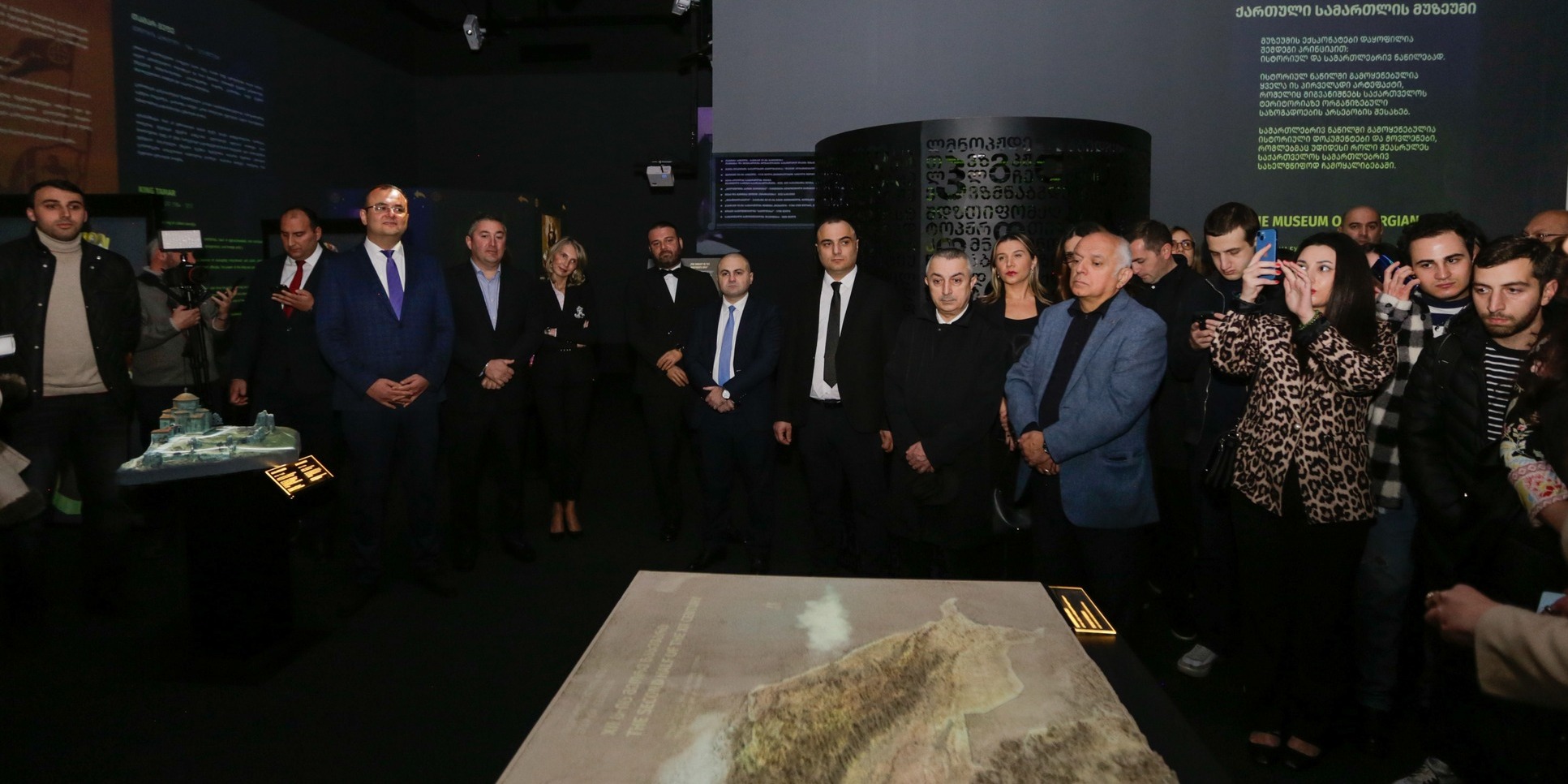News

Holographic Museum of Georgian Law Opens at Tbilisi Public Service Hall
The Ministry of Justice has unveiled yet another innovative project: the Holographic Museum of Georgian Law, officially opened today by Minister Rati Bregadze. The event was attended by young professionals from the government internship program, who were also involved in the project.
This groundbreaking museum is a unique Georgian innovation, offering visitors an immersive journey through the centuries-old evolution of Georgian law. What sets this museum apart is its use of cutting-edge holographic and digital displays, making it the first of its kind in the country.
The museum presents a chronological exhibition of the major milestones in the development of Georgian law, spotlighting historical figures who played a pivotal role in shaping the legal system. It also showcases ancient legal monuments, educational centers, and other elements that reflect the distinctiveness of Georgia’s legal heritage.
Visitors can explore a wealth of information, not only about the legal history of Georgia but also about the country’s broader cultural legacy.
The opening ceremony was attended by the Deputy Minister of Justice, heads of the State Public Prosecutor’s Offices, legal experts, and distinguished guests.
 Geo
Geo Eng
Eng